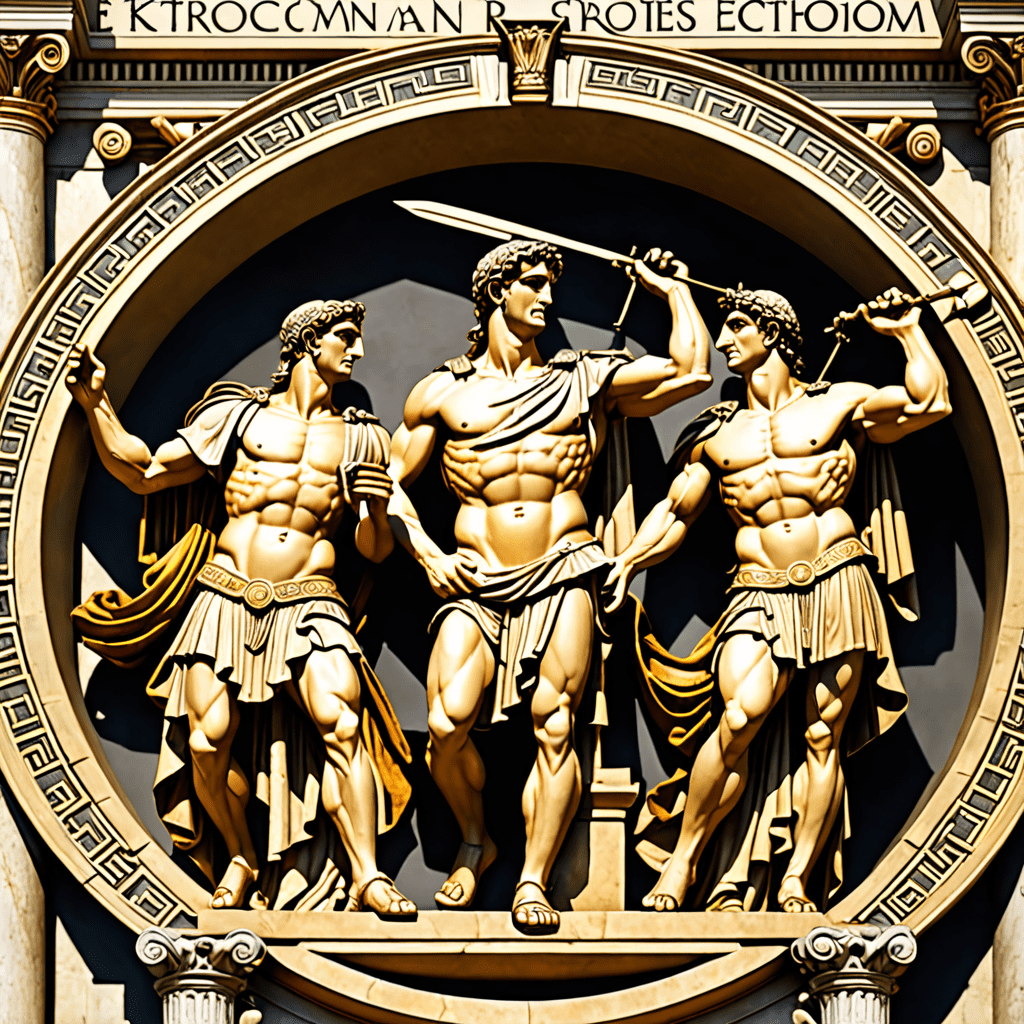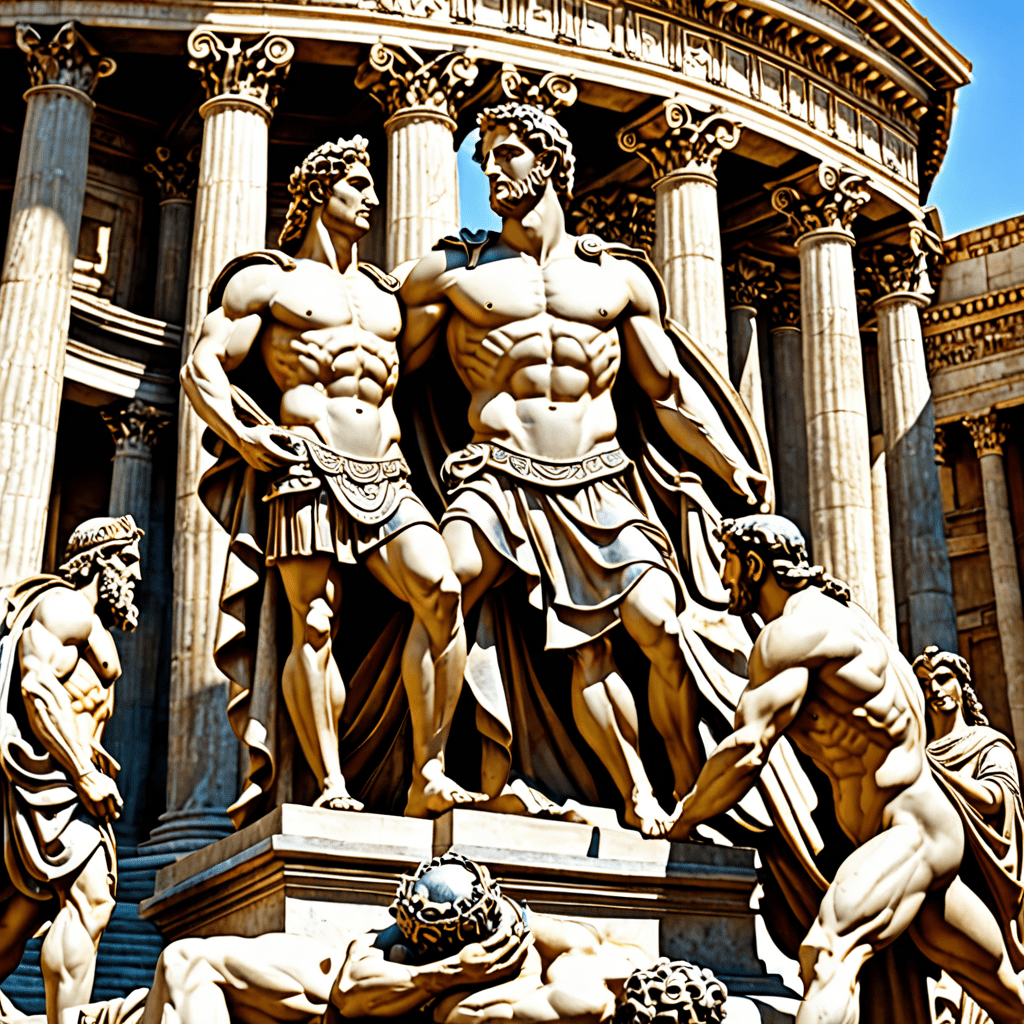The Influence of Roman Mythology on Roman Trade and Economics
1. Introduction to Roman Mythology
Roman mythology is a rich tapestry of gods, goddesses, and mythical stories that played a significant role in the daily lives of the ancient Romans. These myths were not solely for entertainment but were deeply intertwined with various aspects of Roman society, including trade and economics.
2. Influence on Trade Routes and Commerce
Many Roman gods and goddesses were associated with different aspects of trade and commerce. For example, Mercury, the messenger of the gods, was also the patron god of merchants, often depicted with a purse in his hand. Traders and merchants would often make offerings to Mercury before embarking on their journeys to ensure safe travels and successful trade.
Temples dedicated to deities like Mercury served as centers of economic activity where trade negotiations, contracts, and business dealings took place. The belief in divine protection and blessings encouraged the growth of trade networks and facilitated economic transactions.
3. Economic Prosperity through Mythological Beliefs
The Romans believed that their success in trade and commerce was tied to the favor of certain gods. For example, Jupiter, the king of the gods and the god of the sky and thunder, was associated with prosperity and abundance. By honoring Jupiter through sacrifices and rituals, the Romans sought to ensure a bountiful harvest, good fortune in business, and overall economic prosperity.
Additionally, the concept of Pax Romana, the long period of relative peace and minimal military expansion across the Roman Empire, was often attributed to divine intervention. This stability allowed for the smooth flow of goods and services, fostering economic growth and prosperity within the empire.
4. Legacy and Continued Influence
Even after the fall of the Roman Empire, the influence of Roman mythology on trade and economics persisted. Many of the Roman gods and goddesses associated with commerce became integrated into the belief systems of subsequent civilizations, shaping their economic practices and trade activities.
To this day, remnants of Roman mythological influence can be seen in various aspects of commerce, from the use of Mercury’s iconic symbol, the caduceus, in modern medicine and commerce logos to the continued association of prosperity and abundance with mythological deities in popular culture and business practices.
FAQs about the Influence of Roman Mythology on Roman Trade and Economics
What role did Roman mythology play in shaping trade and economics in ancient Rome?
Roman mythology, with its gods and goddesses governing various aspects of life, influenced trade and economics significantly in ancient Rome. For example, Mercury, the god of trade, influenced commercial activities, while Fortuna, the goddess of luck, played a role in economic success or failures.
How did Roman myths impact the business practices of ancient Romans?
Roman myths often dictated rituals and offerings made by traders to honor specific gods associated with commerce. These practices were believed to bring prosperity and protect business endeavors, influencing how trade was conducted in ancient Rome.
Were there any specific economic rituals or traditions tied to Roman mythology?
Yes, ancient Roman traders often participated in rituals like offering sacrifices to Mercury or seeking guidance from Fortuna before embarking on business ventures. These rituals were believed to ensure success and avoid misfortune in trade activities.
Did Roman mythology have a lasting impact on the economic mindset of the Roman people?
Yes, the belief in divine influences on trade and economics persisted in Roman society, shaping their economic mindset. The faith in gods and goddesses guiding commercial endeavors instilled a sense of trust and confidence in the economic activities of the time.



